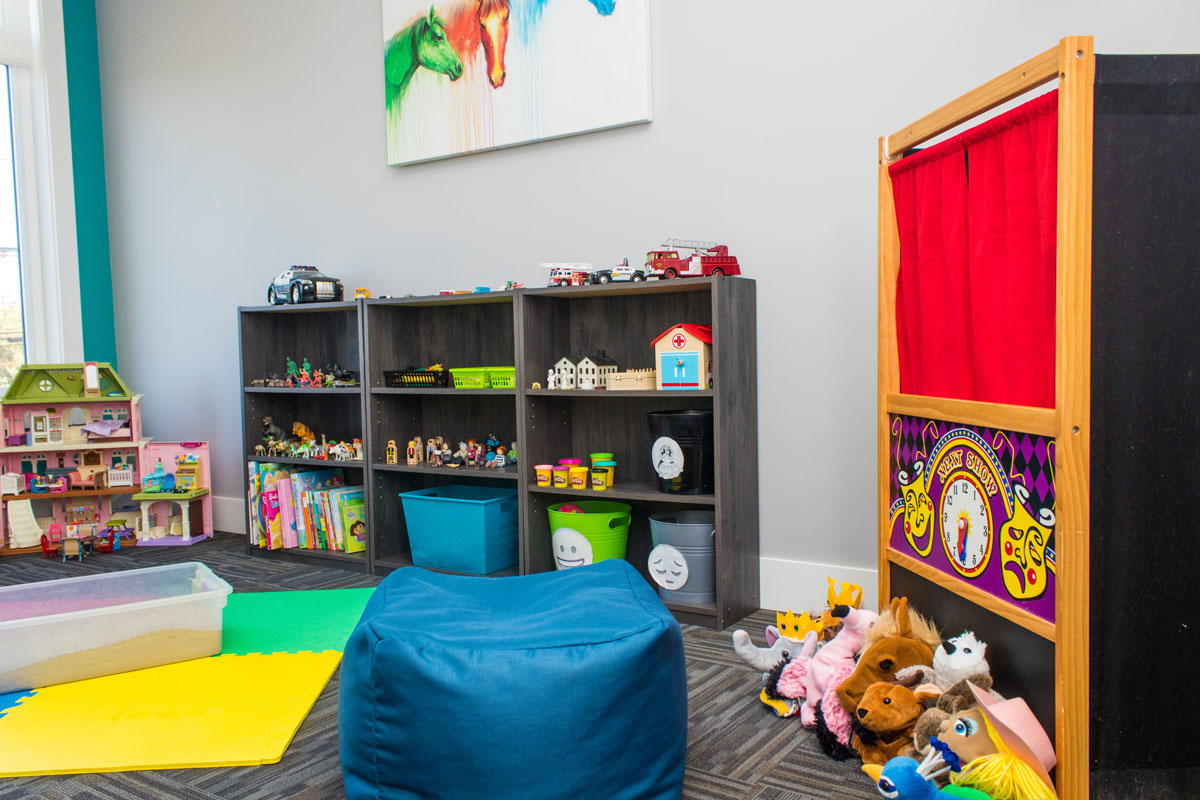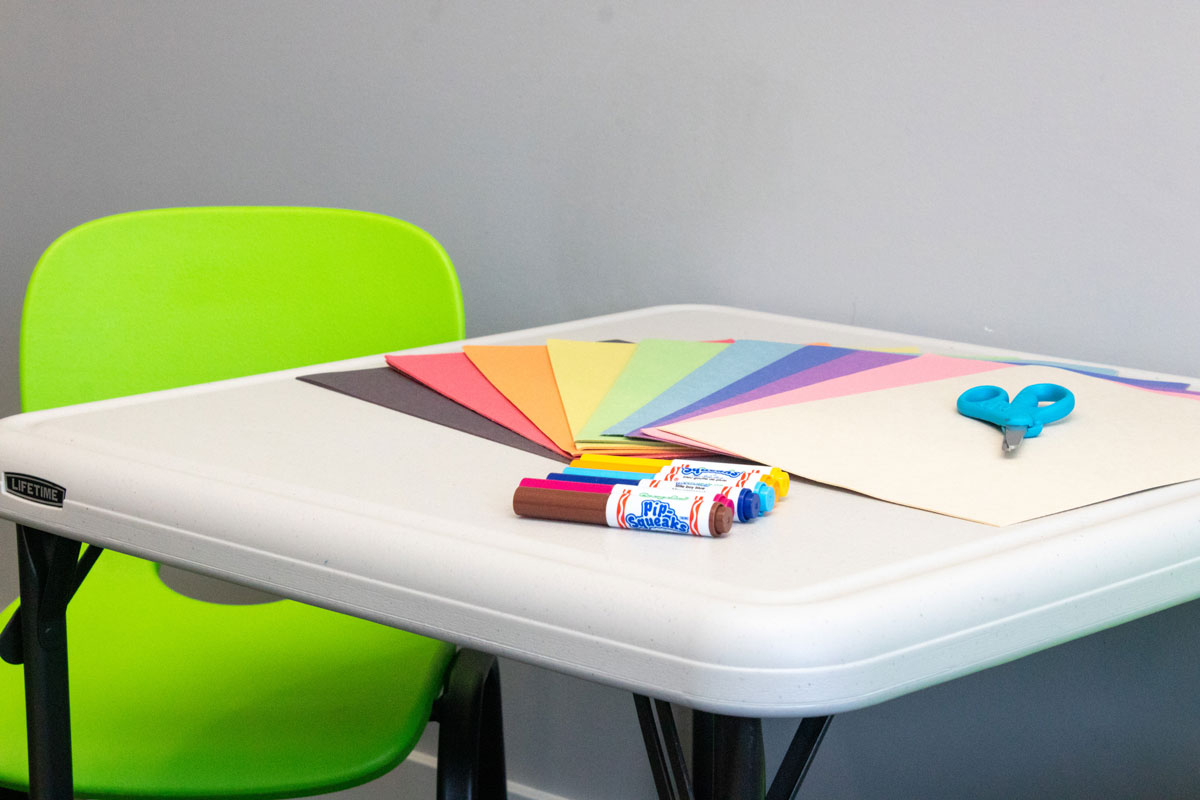Play therapy is a therapeutic approach based on developmental principles for ages 4-12. It’s a process where the child chooses objects, symbols, or types of play to express their inner concerns or work through particular problems. Play therapy is only offered by trained child therapists who are skilled in interpreting the child’s play.
How is it different from the play my child does on his/her own?
Play is generally important to your child’s development because it offers them the opportunity to make sense of their world and helps them rehearse for adult life. In play therapy the therapist is trained to read the metaphors of the play and observe emerging patterns.

The main goals of play therapy, regardless of the symptoms, are to help the child regain their former level of functioning, enhance self‐esteem and build the child’s coping resources.
In play therapy the child uses the whole self (mind & body) to express unconscious thoughts, fears, anxieties and wishes, etc., which helps them process or resolve “stuck” thoughts and feelings. This often happens in subtle ways, with effects noticed in the child’s daily functioning.
While Play Therapy is a specific theoretical approach and can only be provided by trained professionals, other clinicians can provide therapy for children that is play-based and developmentally appropriate for this age group. Children do not have the same self-awareness or ability to articulate their thoughts and feelings as adults so talk-based therapeutic approaches will not work. Our team has both trained play therapists as well as other clinicians skilled in working with children.

KV Psychology & Wellness Clinic offers a full range of therapy services.
Learn MoreWe offer a wide range of testing services at KV Psychology & Wellness Clinic. Assessments are completed by Licensed Psychologists.
Learn MoreWe are so proud to offer NeurOptimal® neurofeedback at our clinic. Developed by two Clinical Psychologists, NeurOptimal® is a type of neurofeedback that is used to help train the brain to function at its best.
Learn More